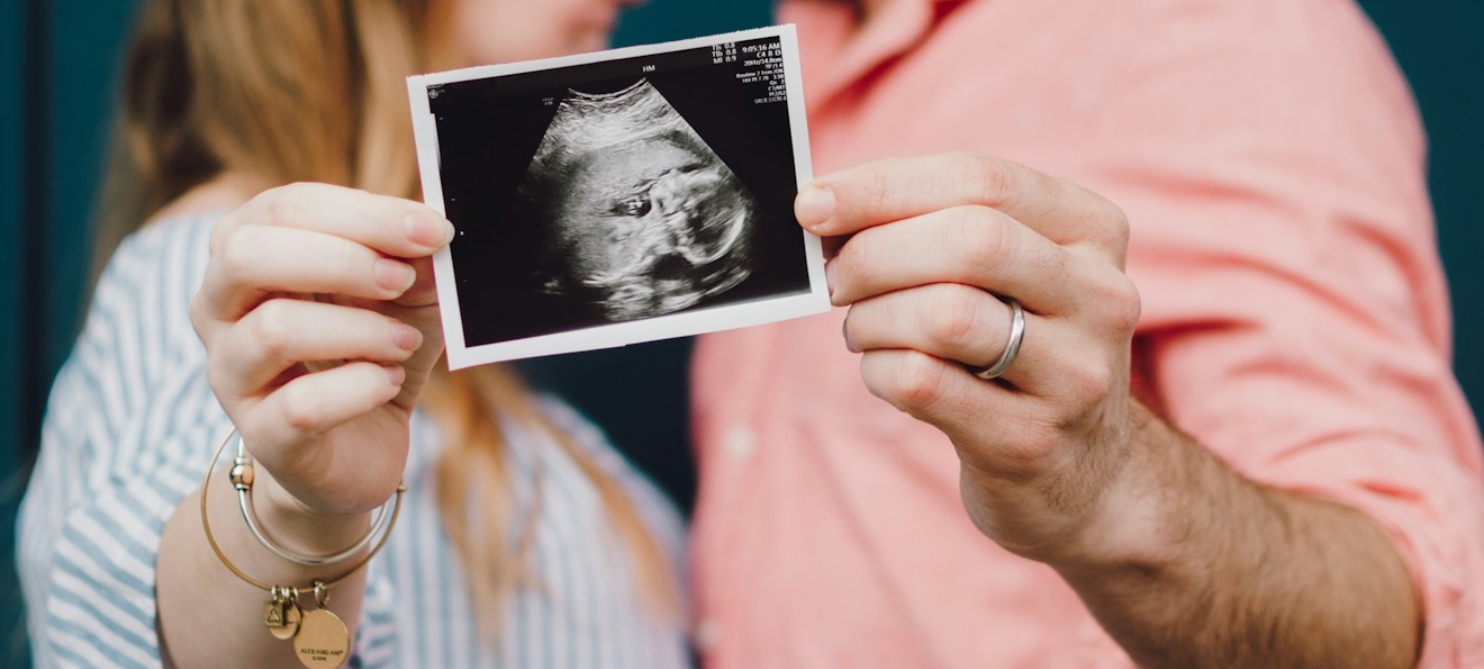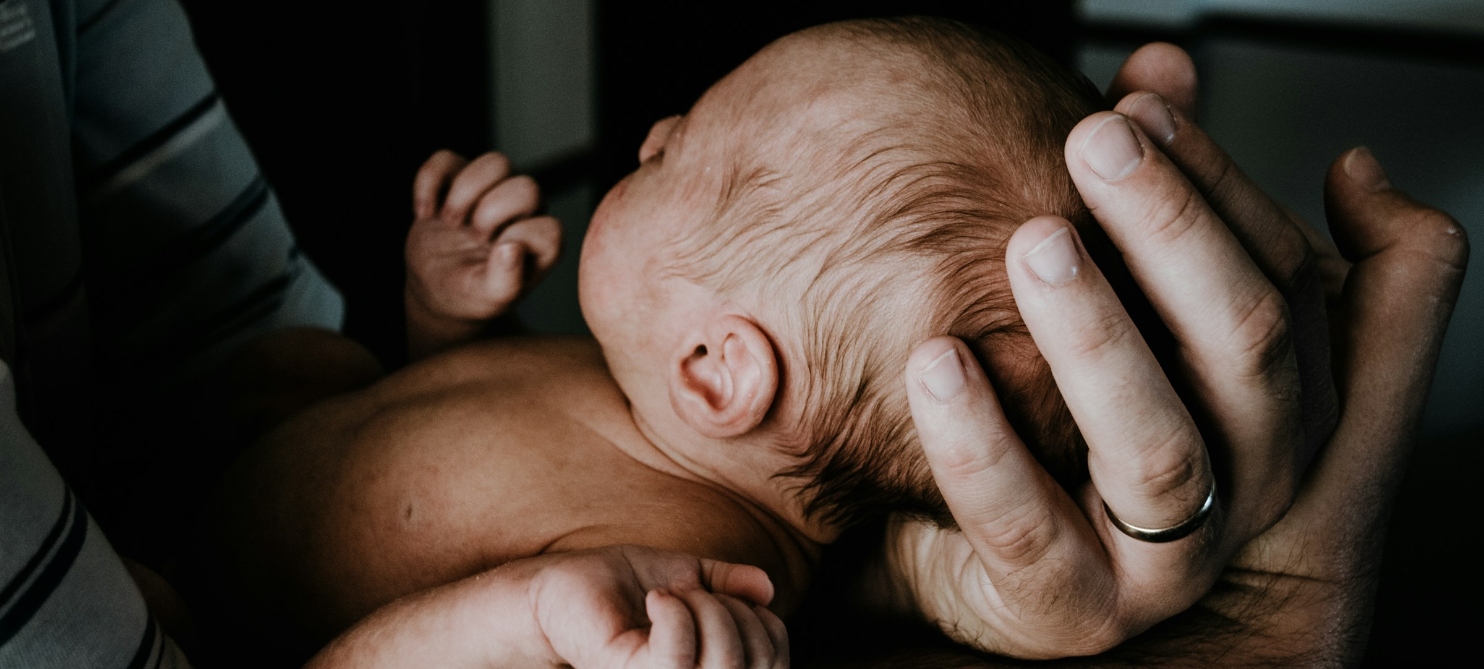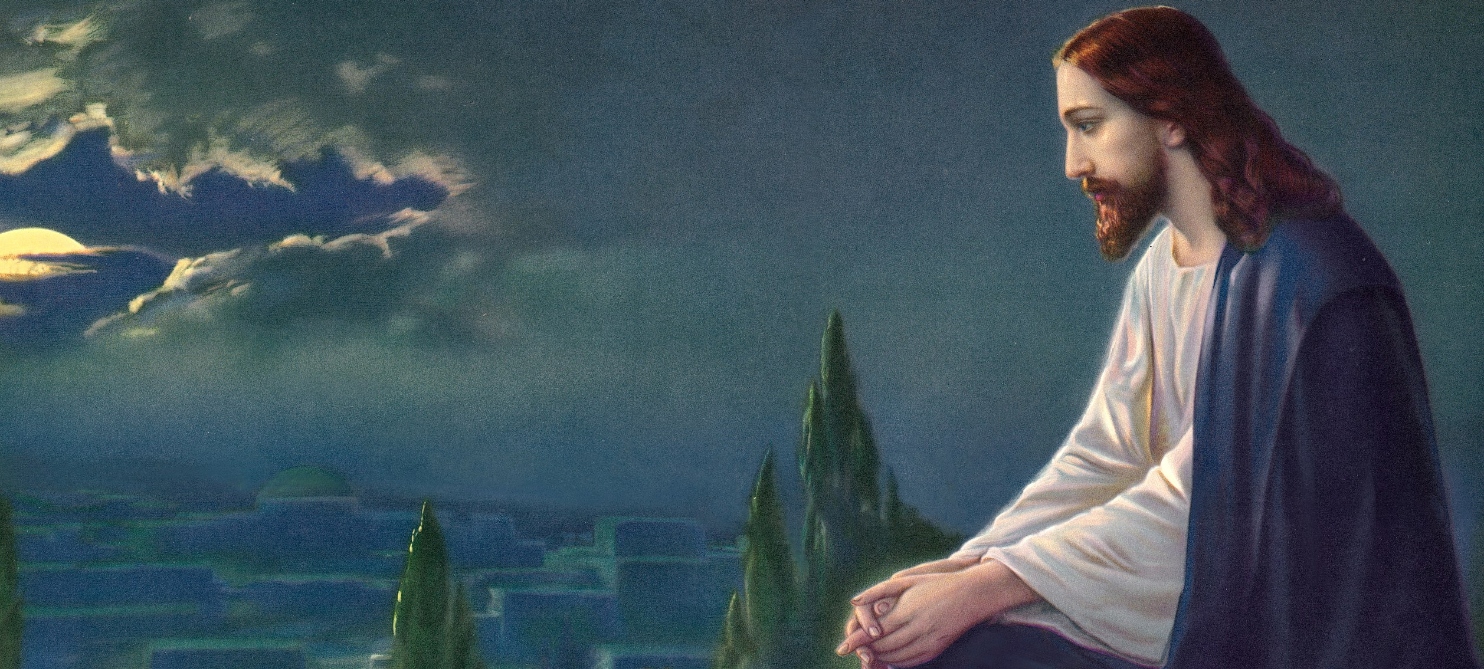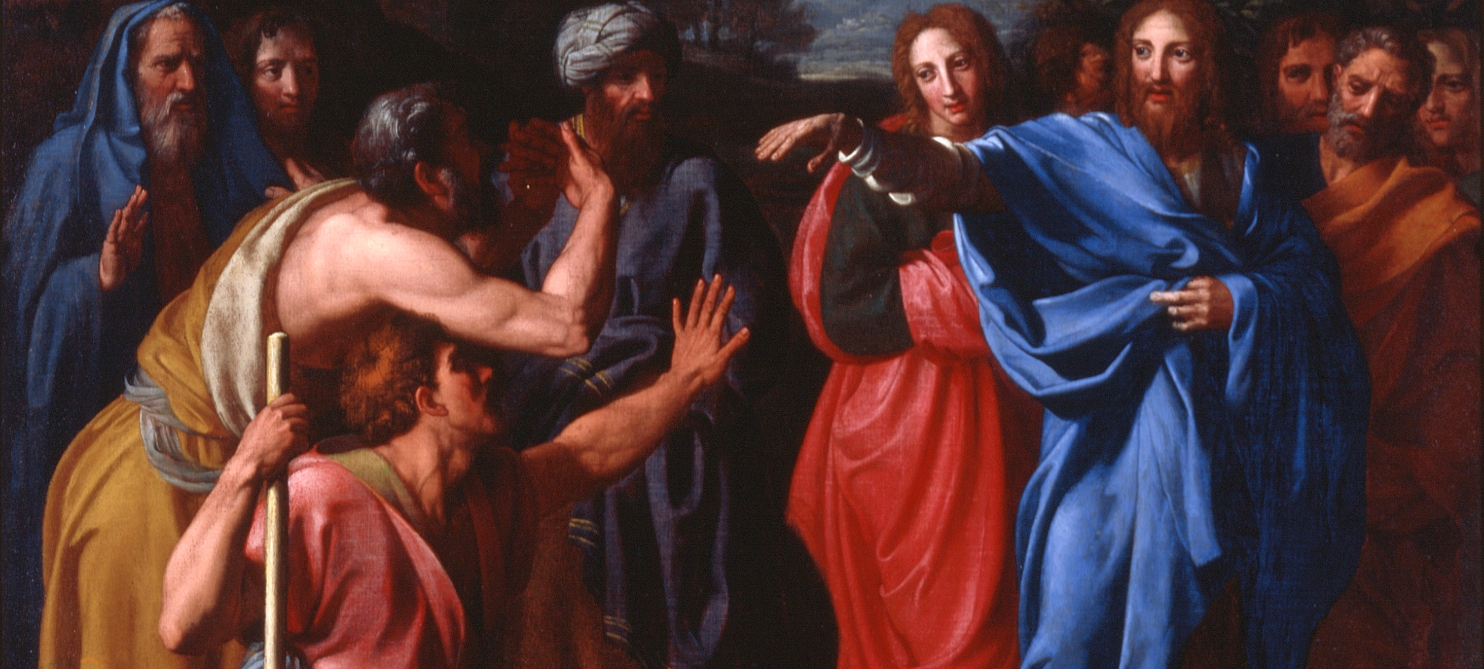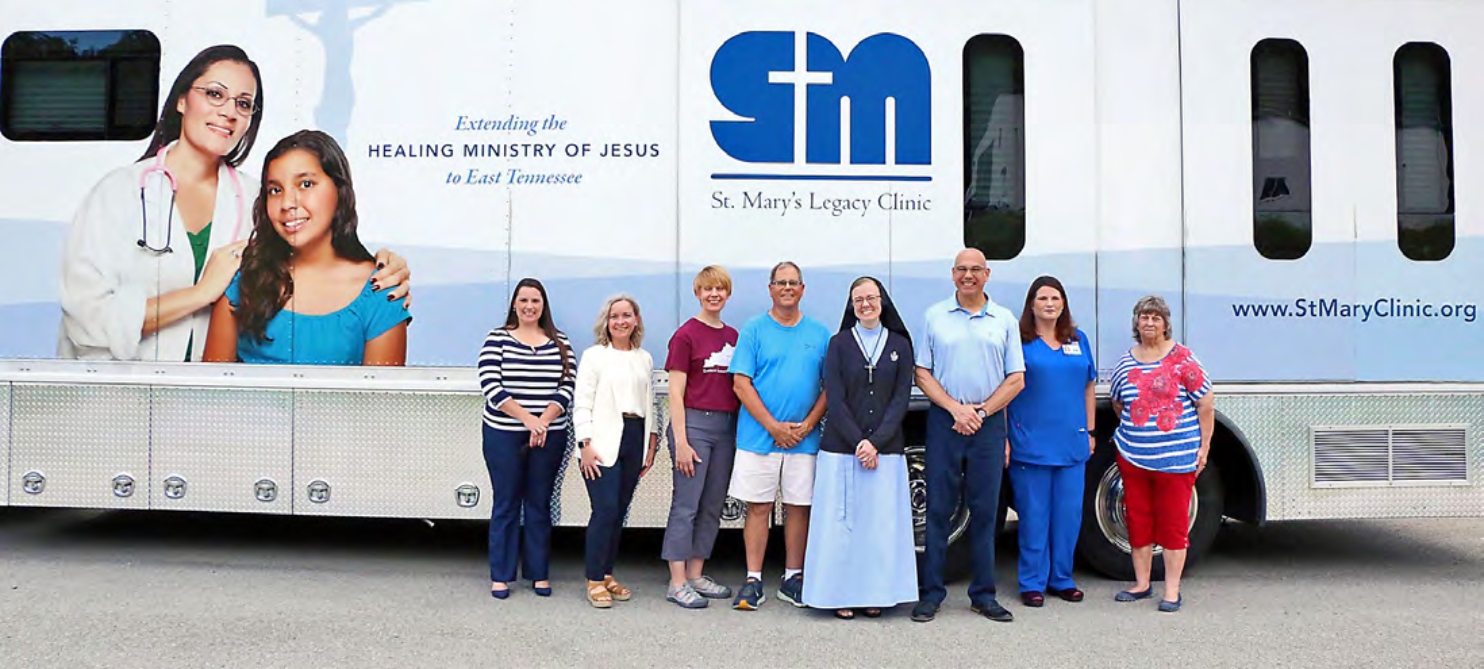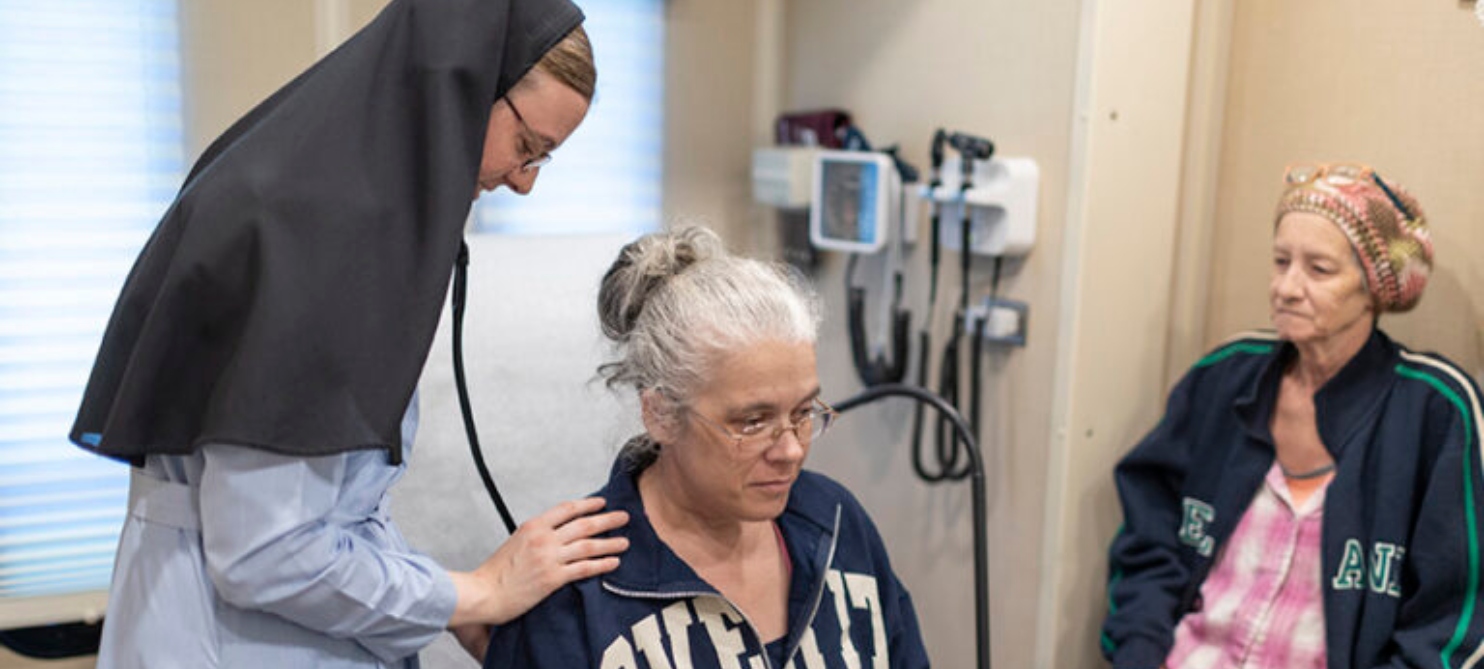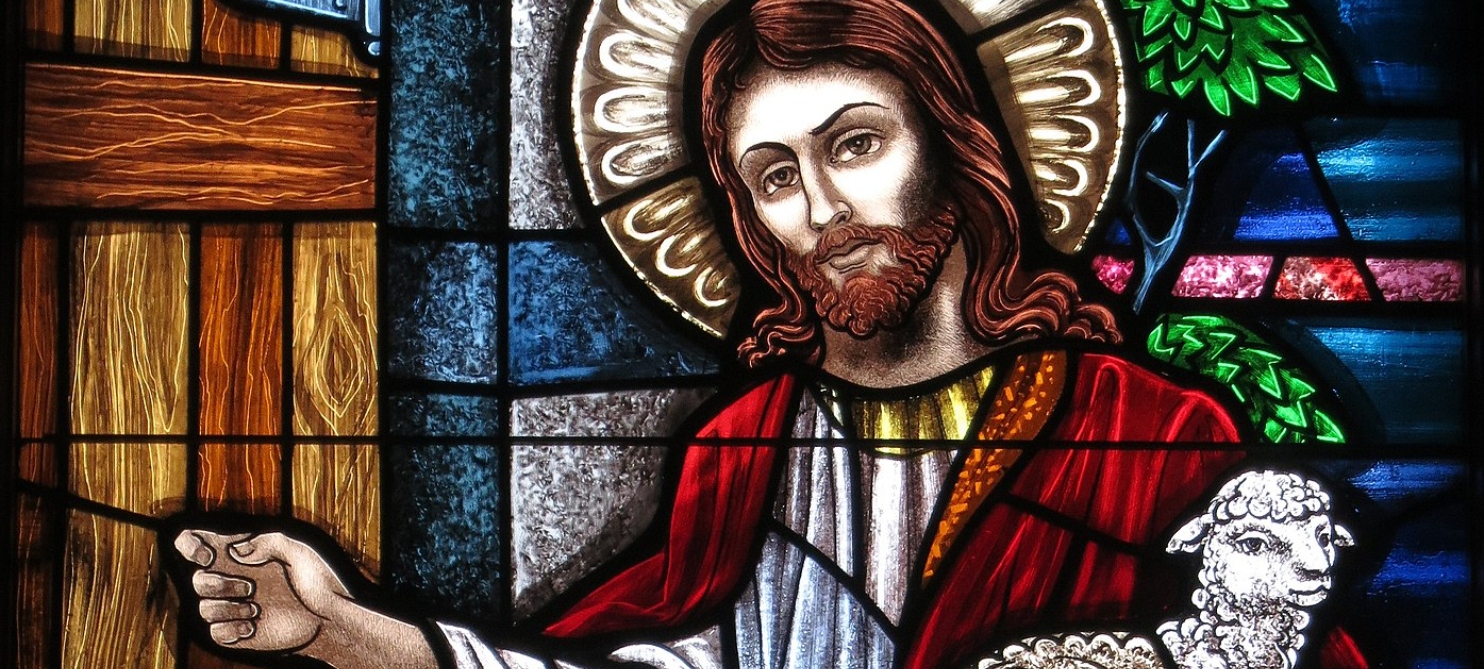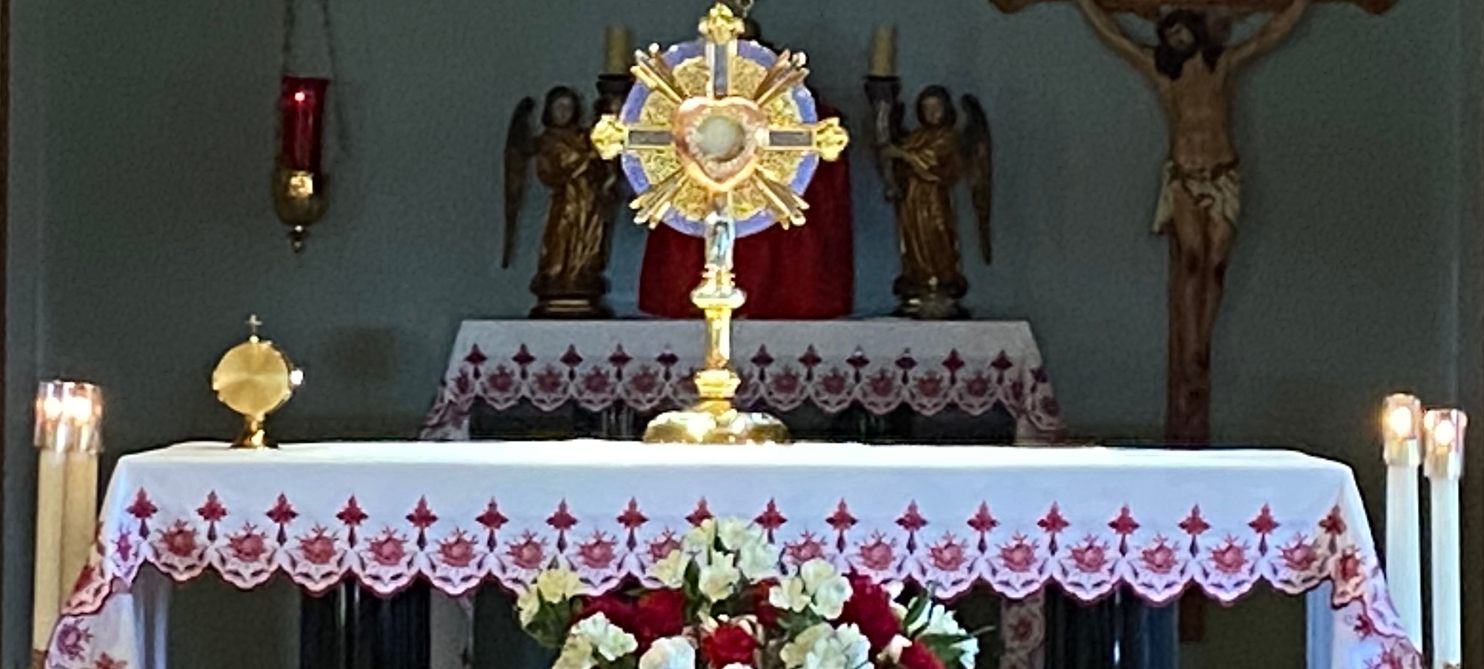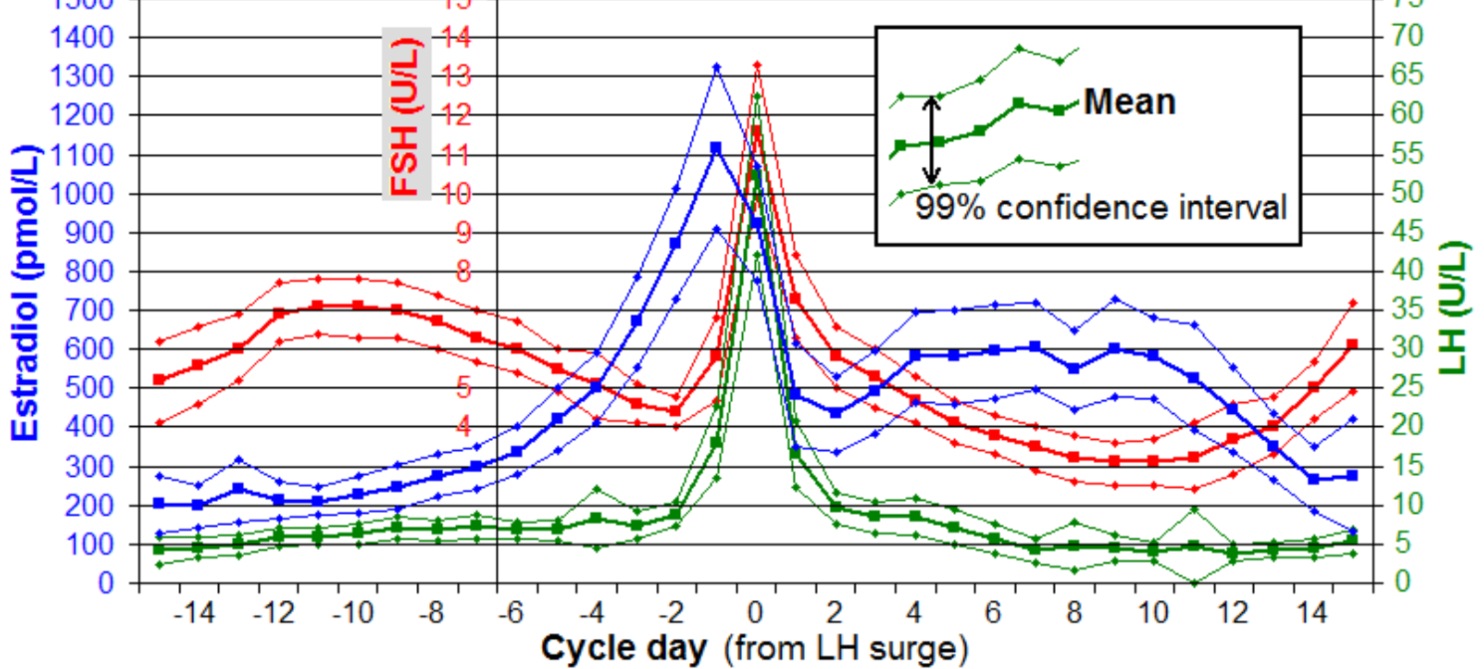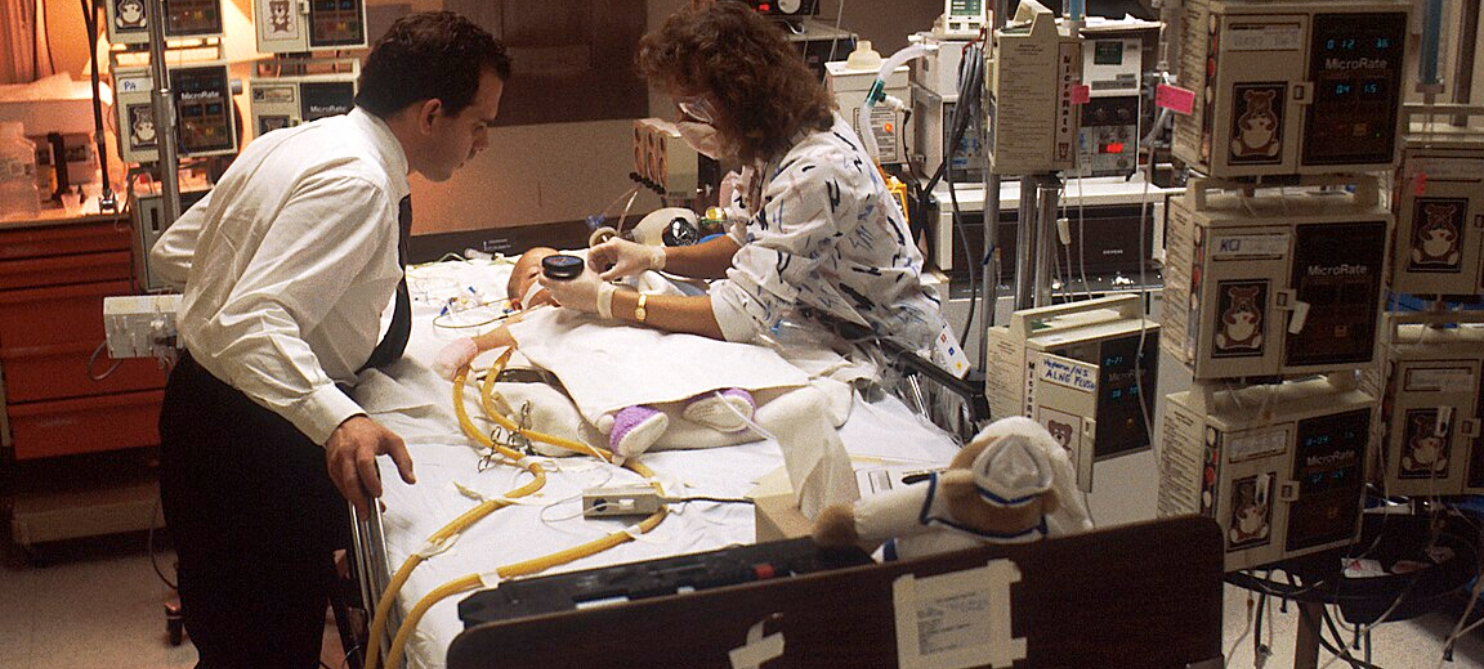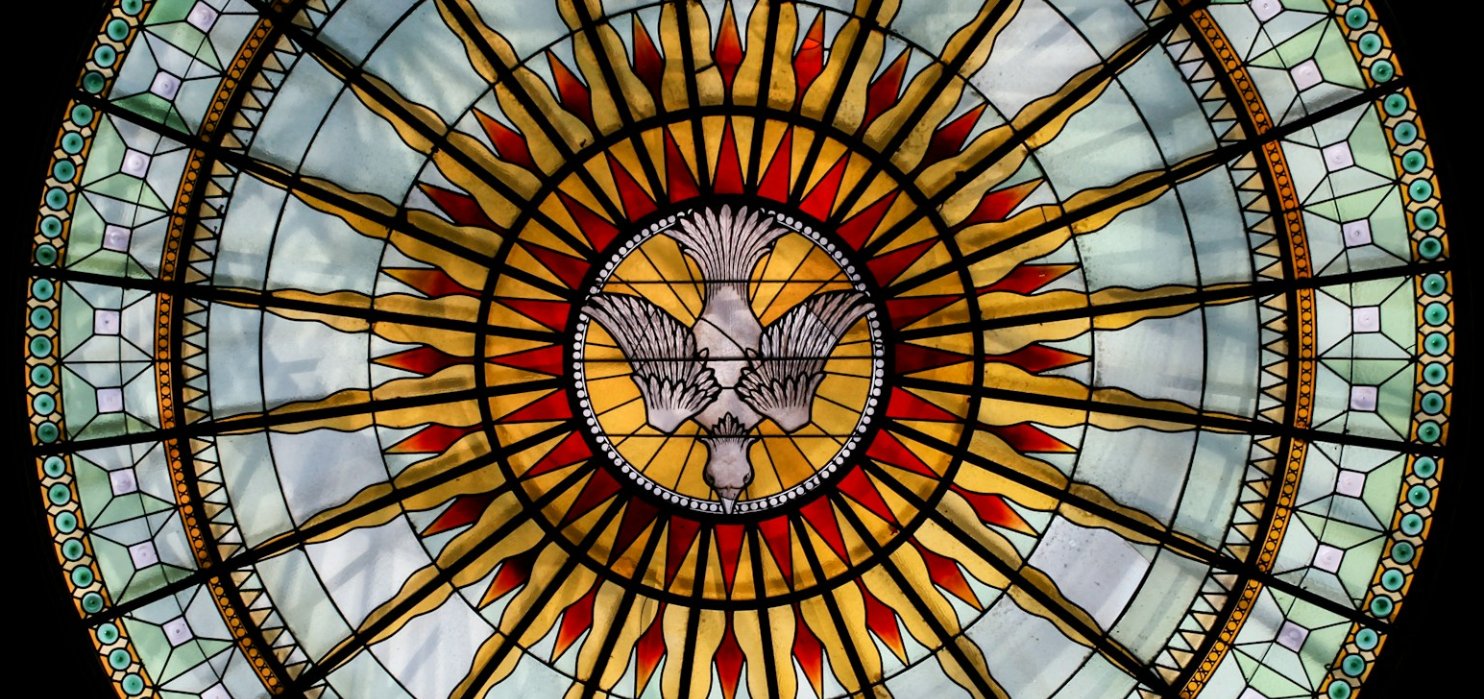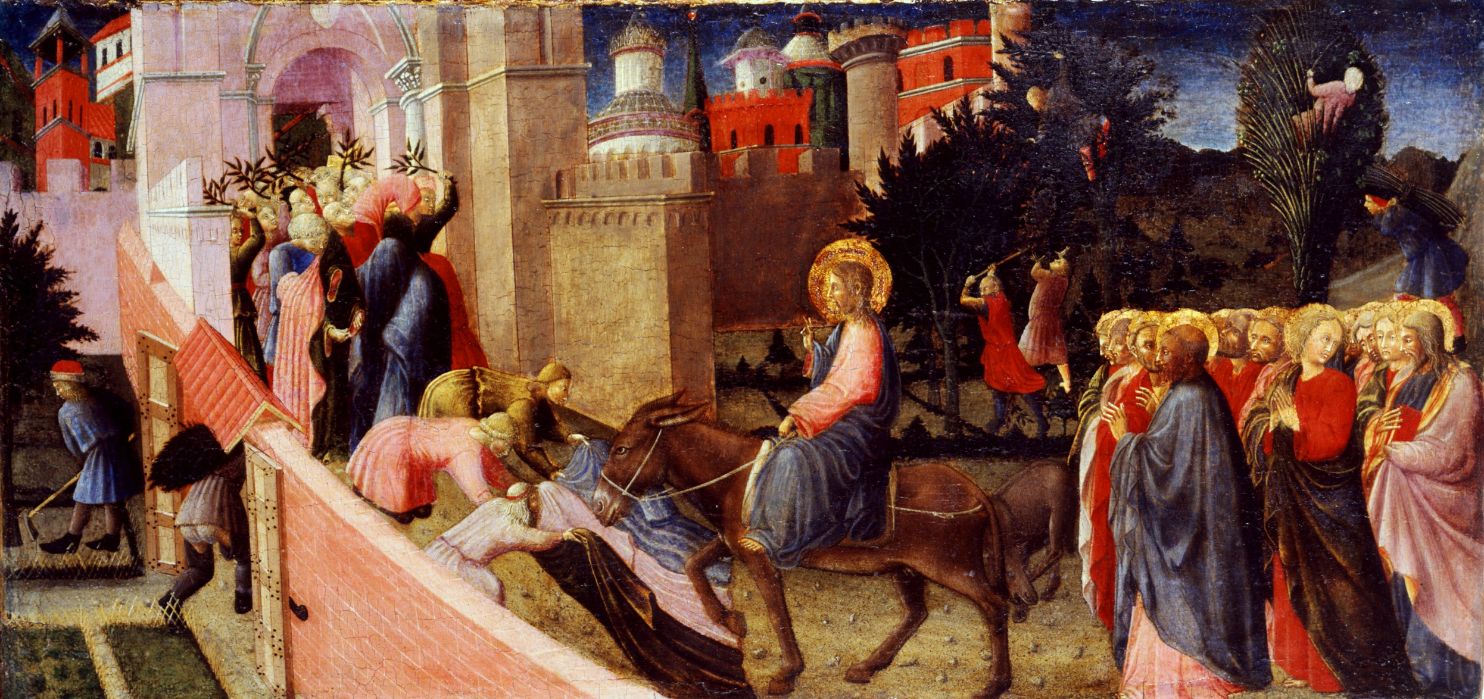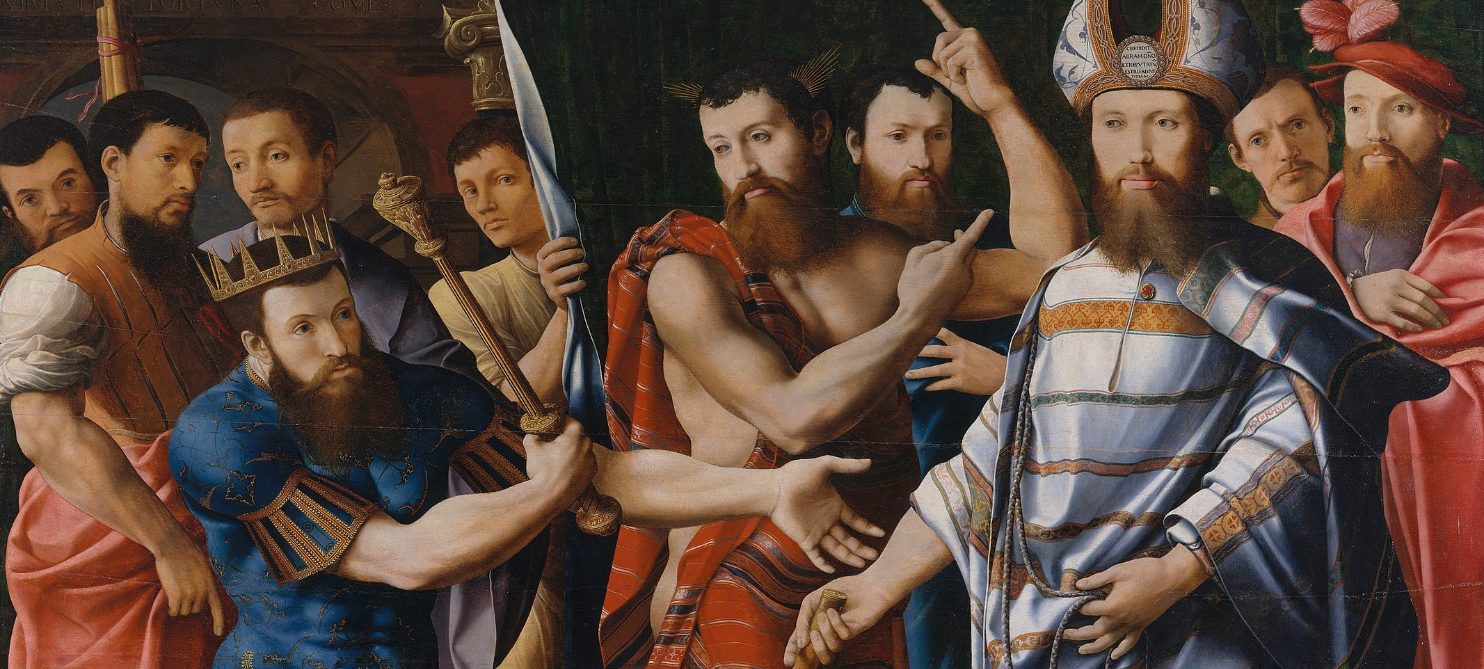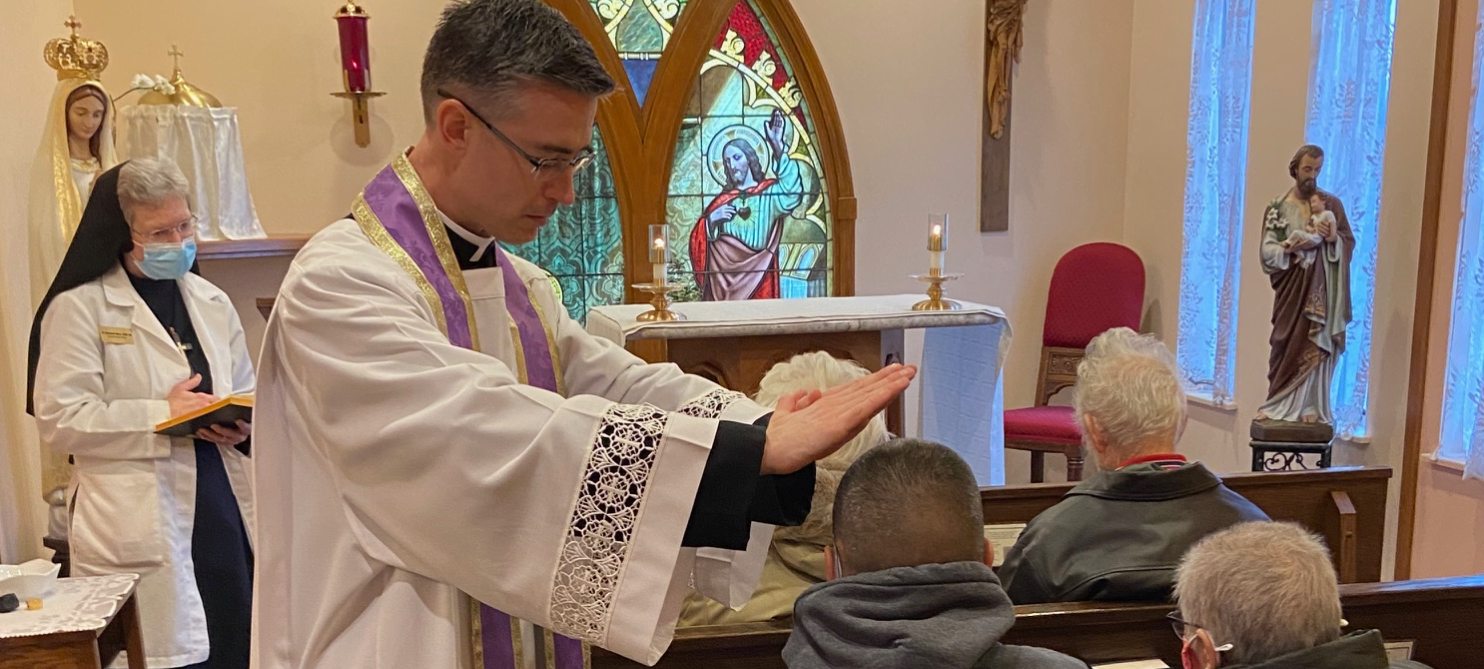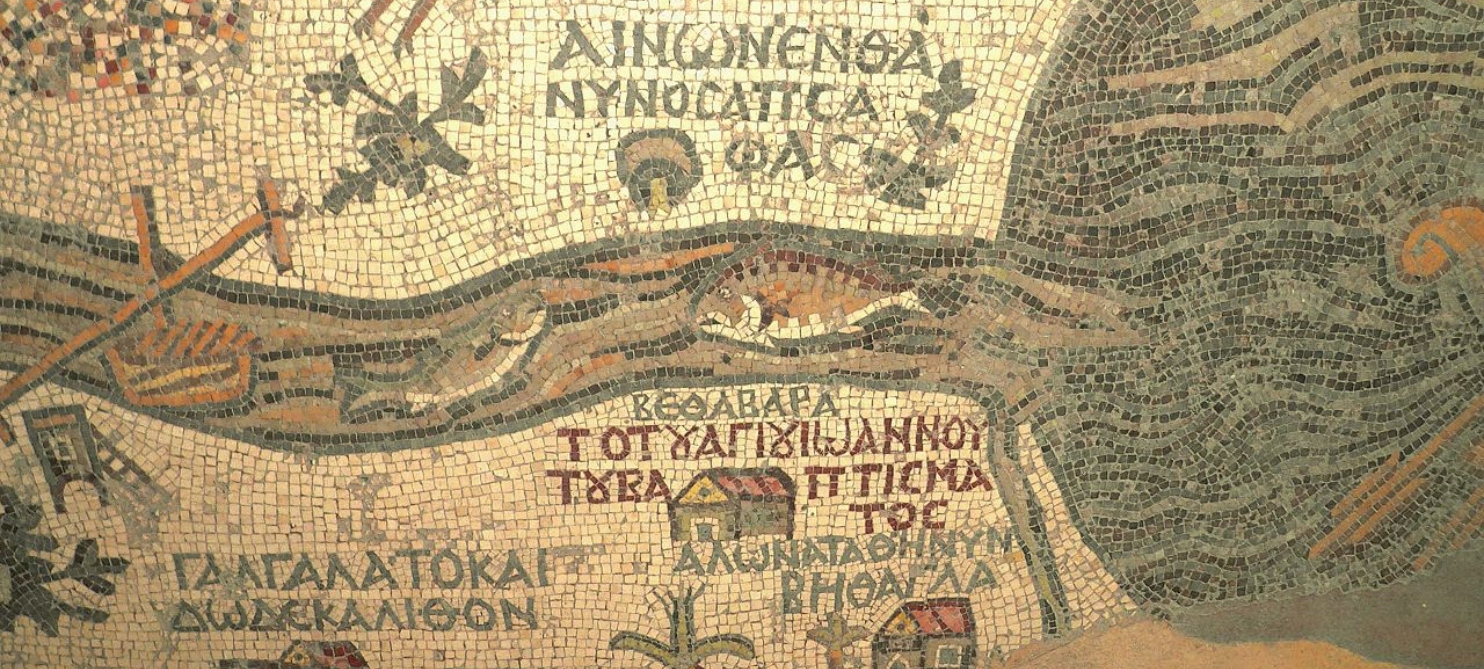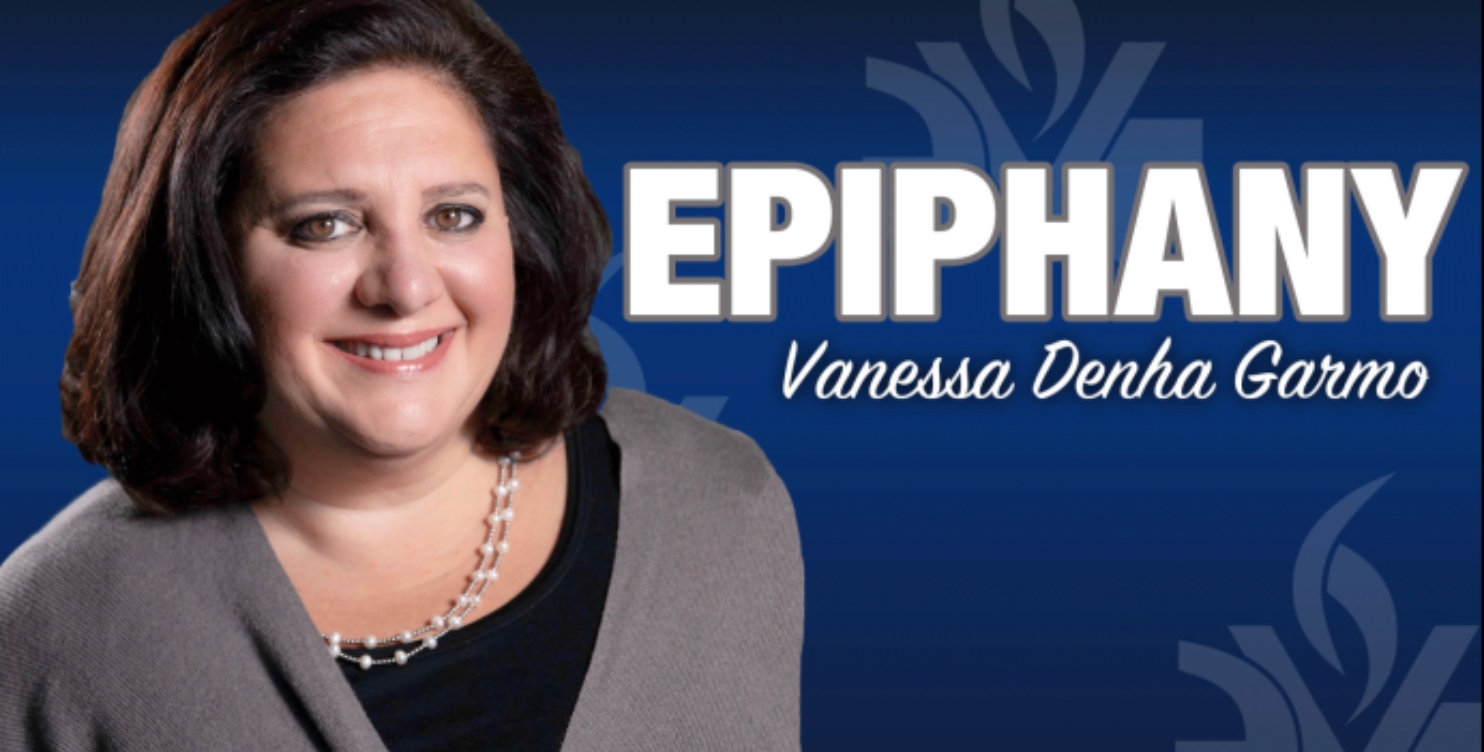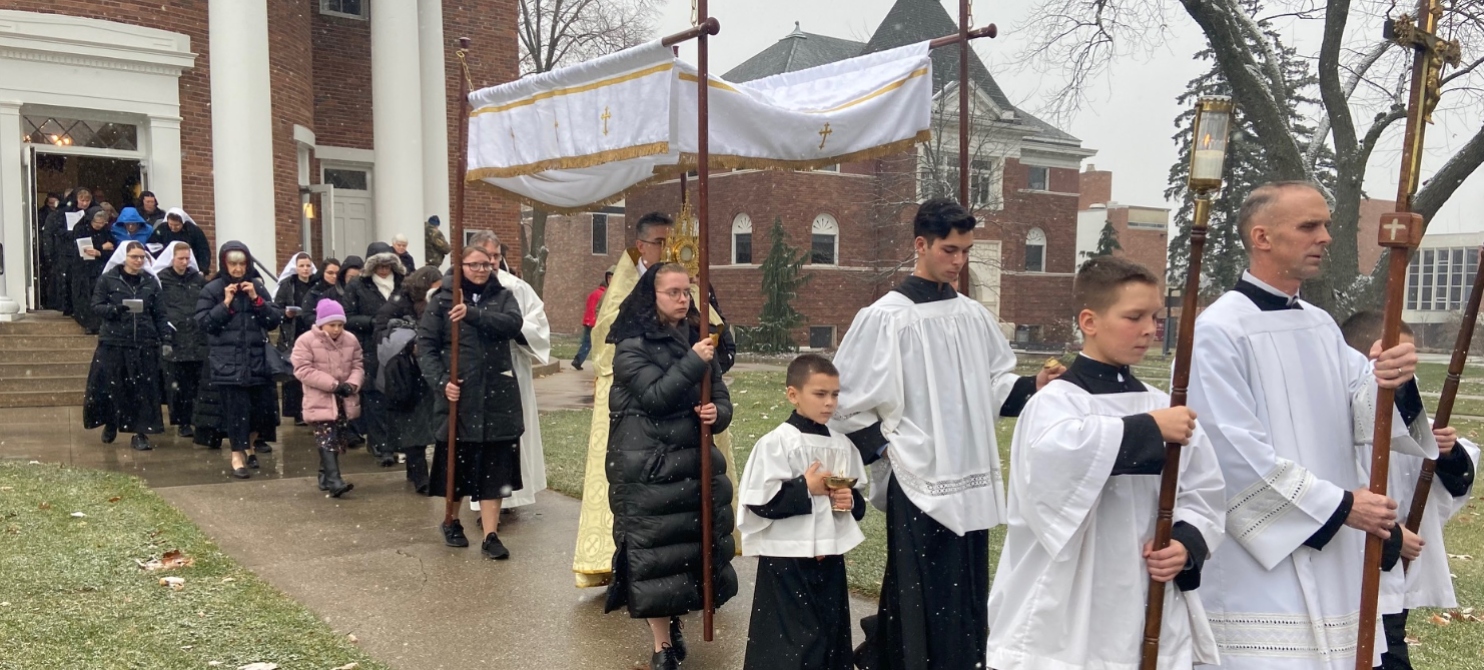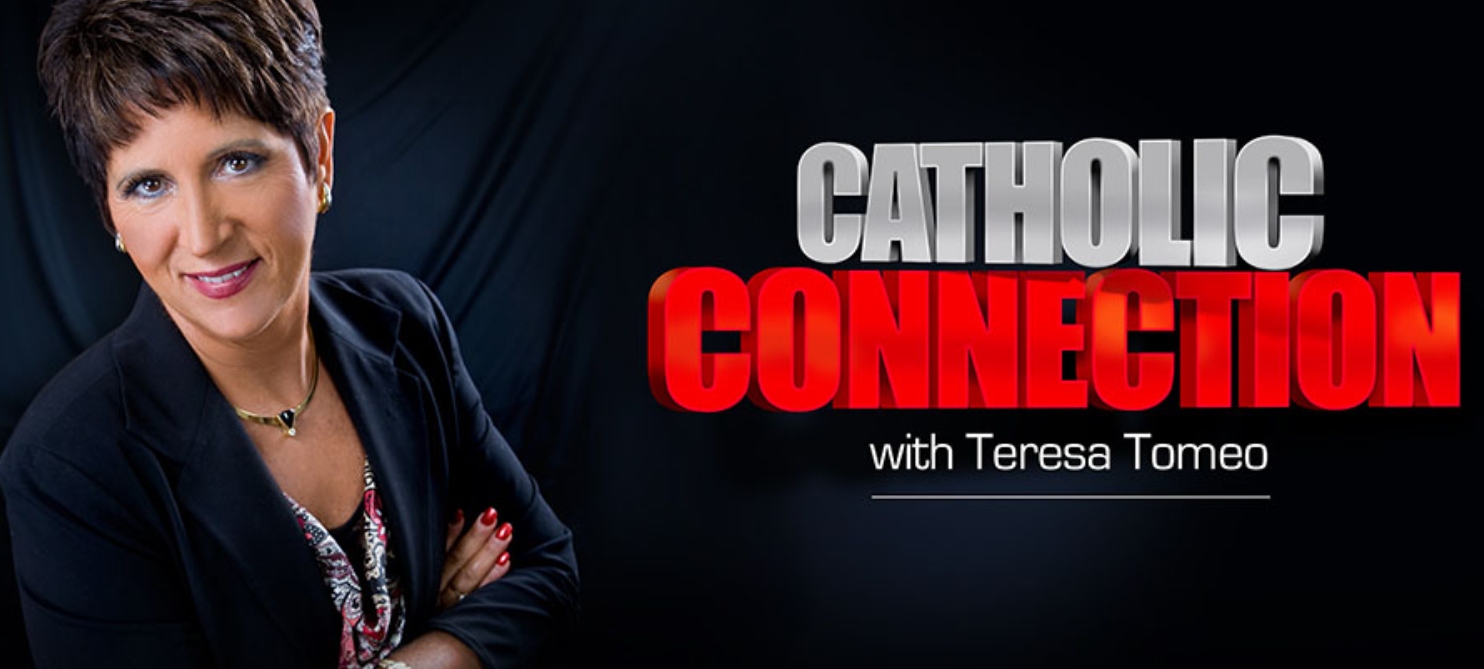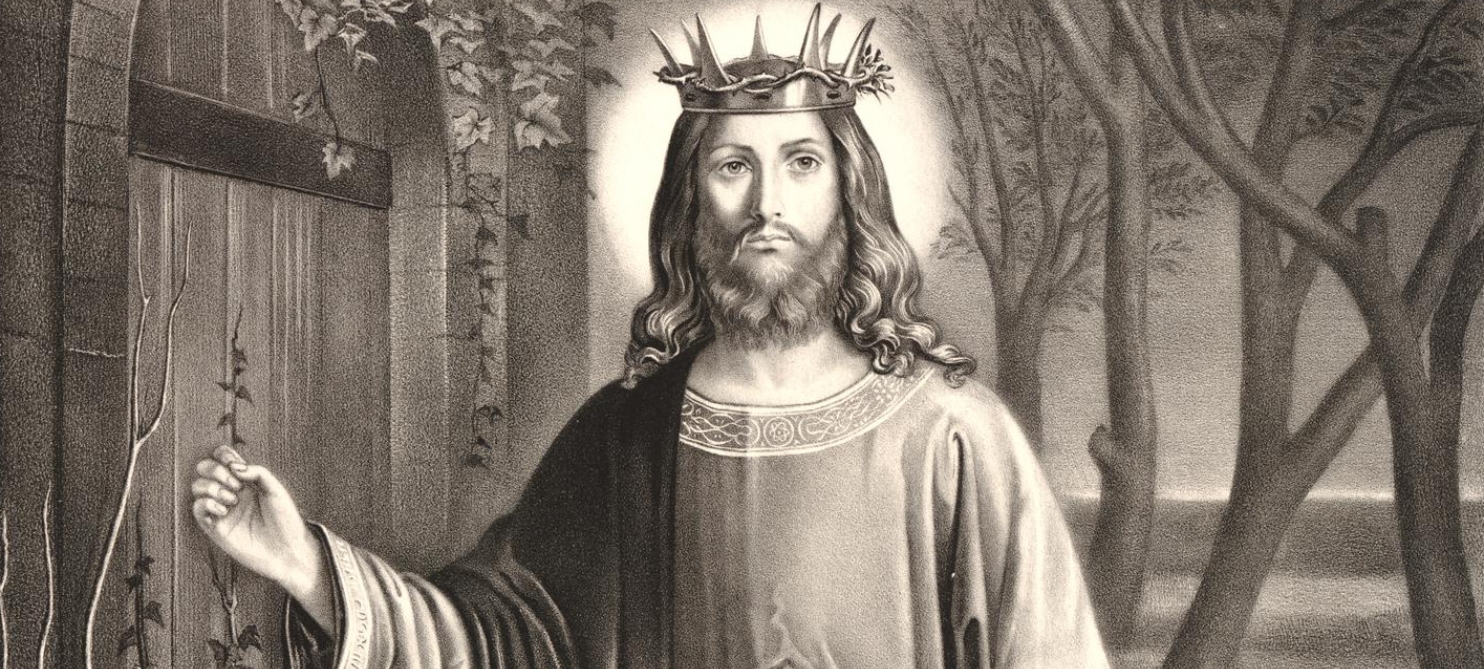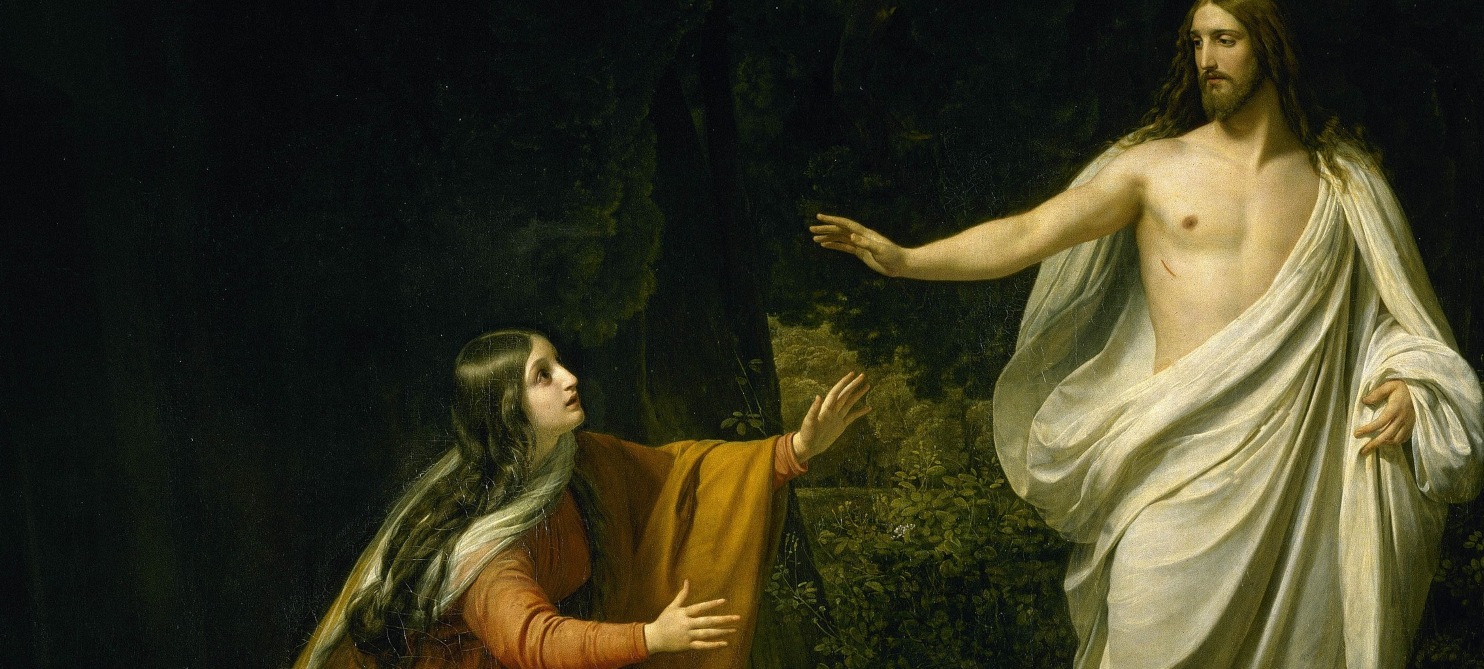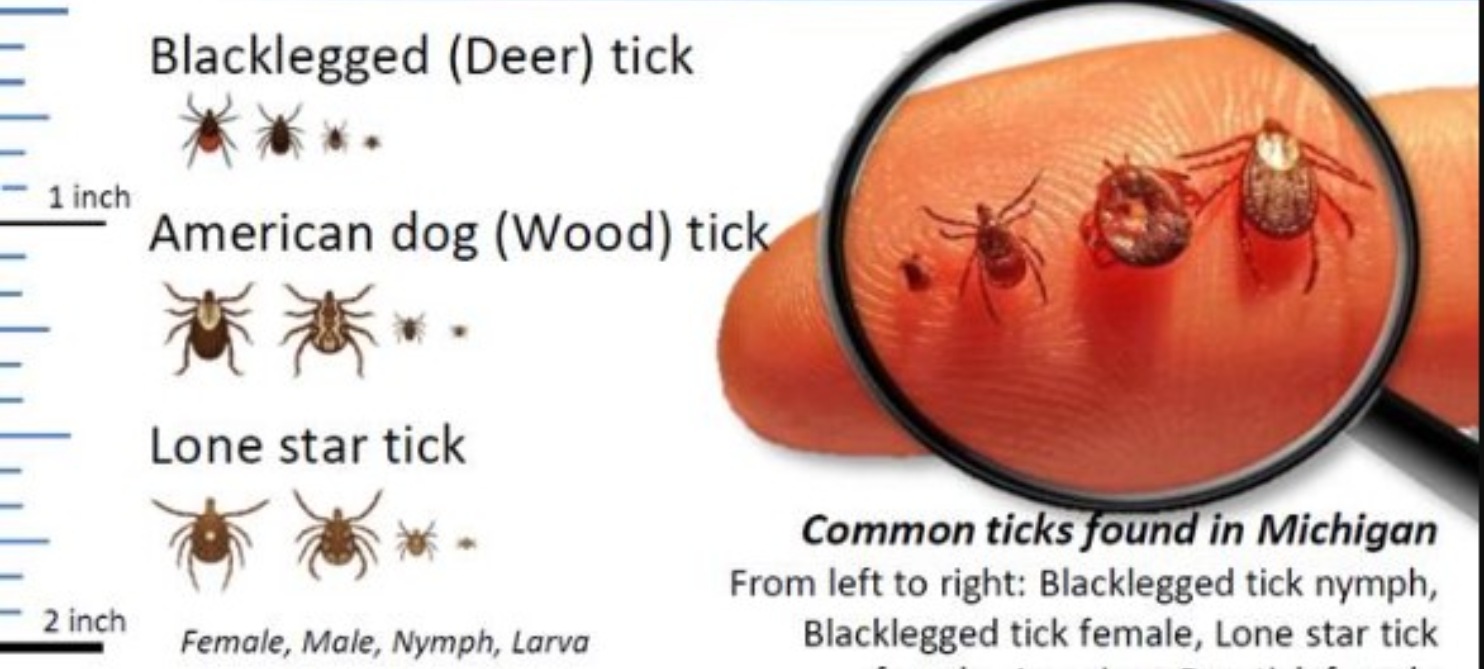When we think about the gift of creation, we ought to remember that God has given us dominion over the earth to care for it, and creation is His gift to us. Indeed, He nourishes us through His creation. We take our sustenance from the earth. It is one of the reasons that, under the virtue of piety, there has to be first to respect for God, then parents, and then the land in which you were born, because from it you took your nourishment.[i]
Every year, on April 22nd, “Earth Day” is celebrated. I think this is an invitation to consider the gift of creation. I would like to take the reading from the Office of Readings for this April 22nd, Thursday of the third week in Easter, which really heralds the coming of the new creation: the restoration of all creation in Jesus Christ. In Him and through Him, we receive both natural and supernatural life.
Creation is God’s gift to us
We read from Saint Irenaeus:
If our flesh is not saved, then the Lord has not redeemed us with his blood, the eucharistic chalice does not make us sharers in his blood, and the bread we break does not make us sharers in his body. There can be no blood without veins, flesh and the rest of the human substance, and this the Word of God actually became: it was with his own blood that he redeemed us. As the Apostle says: In him, through his blood, we have been redeemed, our sins have been forgiven.
We are his members and we are nourished by creatures, which is his gift to us, for it is he who causes the sun to rise and the rain to fall. He declared that the chalice, which comes from his creation, was his blood, and he makes it the nourishment of our blood. He affirmed that the bread, which comes from his creation, was his body, and he makes it the nourishment of our body. When the chalice we mix and the bread we bake receive the word of God, the eucharistic elements become the body and blood of Christ, by which our bodies live and grow. How then can it be said that flesh belonging to the Lord’s own body and nourished by his body and blood is incapable of receiving God’s gift of eternal life? Saint Paul says in his letter to the Ephesians that we are members of his body, of his flesh and bones. He is not speaking of some spiritual and incorporeal kind of man, for spirits do not have flesh and bones. He is speaking of a real human body composed of flesh, sinews and bones, nourished by the chalice of Christ’s blood and receiving growth from the bread which is his body.
“The Wisdom of God places these things at the service of man and when they receive God’s Word they become the Eucharist”
The slip of a vine planted in the ground bears fruit at the proper time. The grain of wheat falls into the ground and decays only to be raised up again and multiplied by the Spirit of God who sustains all things. The Wisdom of God places these things at the service of man and when they receive God’s word they become the eucharist, which is the body and blood of Christ. In the same way our bodies, which have been nourished by the eucharist, will be buried in the earth and will decay, but they will rise again at the appointed time, for the Word of God will raise them up to the glory of God the Father. Then the Father will clothe our mortal nature in immortality and freely endow our corruptible nature with incorruptibility, for God’s power is shown most perfectly in weakness. [ii]
As we reflect on this mystery, let us pray with this Collect for Christmas:
O God, who wonderfully created the dignity of human nature
and still more wonderfully restored it,
grant, we pray,
that we may share in the divinity of Christ,
who humbled himself to share in our humanity.
Who lives and reigns with you in the unity of the Holy Spirit,
God, for ever and ever. Amen. [iii]
[i] Saint Thomas Aquinas. “Question 101. Piety.” SUMMA THEOLOGIAE: Piety (Secunda Secundae Partis, Q. 101). Accessed April 22, 2021. https://www.newadvent.org/summa/3101.htm.
IIa-IIæ, Q. 101, A. 1, co.
[ii] Saint, Irenaeus. “From the Treatise Against Heresies: The Eucharist, Pledge of Our Resurrection.” Thursday, Week 3 – Office of Readings. Accessed April 22, 2021. http://www.liturgies.net/Liturgies/Catholic/loh/easter/week3thursdayor.htm.
(Lib. 5:2,2-3: SC 153, 30-38)
[iii] “Christmas – Office of Readings – Collect.” Christmas – Office of Readings. Accessed April 22, 2021. http://www.liturgies.net/Liturgies/Catholic/loh/christmas/christmas/officeofreadings.htm.
Posted on “Earth Day” 2021 | April 22, 2021
